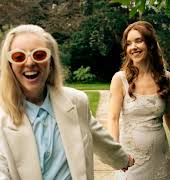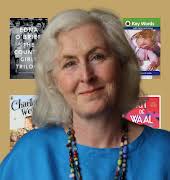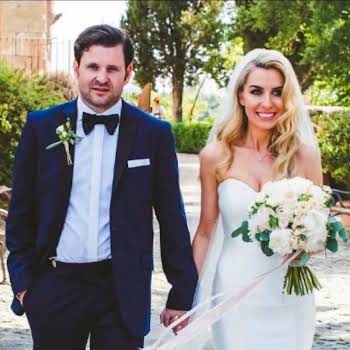
By IMAGE
04th May 2018
04th May 2018
It was something I kept putting off. The low-grade fear was always with me, getting louder and more overwhelming; usually at about 3am. Most of the time, it was stored in a tightly packaged box at the back of my mind titled ‘Deal with later’.
‘I’ll deal with it in my 30s’, turned into, ‘l’ll do it after I have kids’. Finally, in 2016, the gig was up. Time and a direct female GP caught up with me. I made an appointment for heredity cancer risk counselling.
My mum had died in 1990 of breast cancer and possibly ovarian cancer. I say possibly, because nobody knew for sure if she had in fact developed a secondary cancer. Not my dad or my aunts. My mum’s best friend, a New York City nurse, had dropped it almost casually into conversation with me when I was in my early 20s. The only thing is, from a genetic point of view, my mother having a secondary ovarian cancer under age 30 was a cause for concern.
Sometime after this bombshell was dropped in my lap, I rang St. Vincent’s Hospital where my mum was treated throughout the 1980s, looking for information. No notes or charts could be found. Apparently old notes, which were type-written, had not been kept or transferred to computer files. Well, I can’t do much about that I reckoned with some hidden relief. It was time to kick the can down the road again. Until now.
I found myself in the Mater Private Cancer Genetics Clinic chatting to a charming counsellor from Leitrim. He sketched out a ‘Pedigree’ for me; essentially a little family tree. Jokes were being made. He said the ‘Angelina Jolie effect’ meant the phones had been ringing off the hook since the actress had opted for a double mastectomy on discovering she had the BRCA1 gene. A gene which essentially means the carrier has a very high risk of developing cancer. This is what it appeared likely I would have. The tone of the conversation seemed to tilt abruptly from jokes to a grave outline of my options. Was I finished having a family? If my diagnosis was what we thought, a preventive hysterectomy would be necessary. A double mastectomy would follow.
I was frustrated that I didn’t know my mum’s family history. It seemed so backwards and murky not to have a clear understanding of how she had passed. I expected my counsellor to agree that this was insane, but he told me my situation was not unusual. In the 1980s and 1990s there was less understanding about the factors surrounding cancer and it was often swept under the carpet. I believe this is true. Additionally, there was less emotional support and possibly some shame at being a young woman dealing with a mastectomy. Certainly, reconstruction surgery wasn’t an immediate option on offer.
‘Let’s ring up Vincent’s and see what they have on file for your mother’, the pleasant man said. ‘No, there’s nothing, I’ve tried’, was my despondent answer. He picked up the phone regardless. I was sure this was part of a charade he was engaging in before he would dole out the form for the genetic test, but five minutes later an old-fashioned fax machine perched on his desk, started churning out pages of notes, both hand-written and typed dating from 1983 to 1990. The charts had been ‘found’.
Apparently when this new genetic testing unit was being opened, old medical history charts belonging to women who had cancer in 1980s miraculously reappeared from wherever they’d been stored. I was picturing an ancient attic with cobwebs covering boxes and boxes of sad stories. Maybe some young lads were hired to haul them down for summer money. I was awoken from this disassociated reverie to a litany of illness and side-effects being read out to me. It was a grim, sad list and to say I was unprepared to hear it would be an understatement. However, the big reveal, and yes this whole experience had a reality television feel to it for me- it was certainly moving at that pace, was that there had not been secondary cancer. Ovarian or otherwise.
This was good news for me, and my daughter, although in that moment it didn’t feel that way. In those moments my ‘risk’ decreased from red alert to orange. I could go ahead and continue with the testing but at this point he said pointing and waving at his chart, I probably didn’t need to. I’m most likely at a ‘normal’ risk of developing cancer, like we all are.
The news this past week about the misdiagnosed cervical tests has brought this experience to the front of my mind again. My mum had gone to her GP in 1982 concerned about a lump in her breast. It was dismissed as mastitis due to breastfeeding. The results of this dismissal created tragedy for our family, but unfortunately misdiagnosis’ do happen and I accept this as a sad fact.
What I can’t accept is ‘loosing’ files, or sudden ‘rediscovery’ of vital information, or deliberate cover-ups. The full implications of the cervical testing have yet to emerge, but Irish women are sick to the back teeth of inquiries. It is time for us to feel safe and confident about our healthcare in this country.
Cervical Check can be contacted on 1800 454555.























